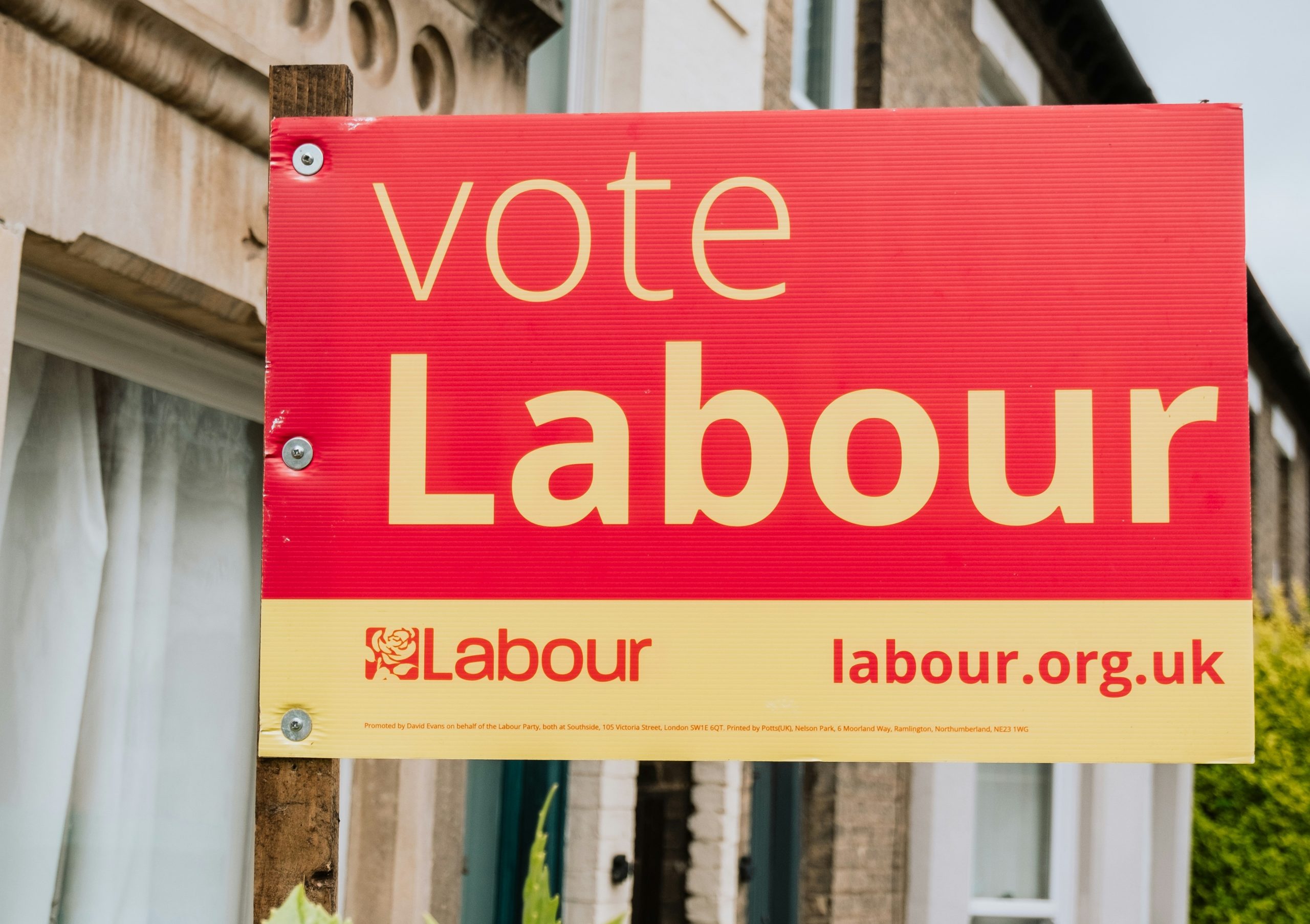In her first speech as Home Secretary at the Labour Party Conference, Shabana Mahmood set out sweeping reforms to the UK’s immigration system — putting “contribution” at the heart of whether migrants can remain in Britain permanently.
Under the government’s new plans, migrants will have to demonstrate that they are making a positive contribution to the country if they wish to earn indefinite leave to remain (ILR), the immigration status that allows individuals to live, work, and study in the UK without time restrictions.
The Reform Blueprint
Mahmood’s speech echoes the platform established in the government’s “Restoring Control over the Immigration System” White Paper (published 12 May 2025), which asserts that settlement should no longer be automatic after five years and must instead be earned through contribution. GOV.UK+2GOV.UK+
The Key Changes
Labour’s proposals make several significant changes:
- Doubling the qualifying period: Most migrants will need to wait 10 years (rather than the current 5) before applying for settlement.
- English language requirements: Applicants must demonstrate a high level of English proficiency.
- Clean record: Any criminal conviction could disqualify applicants under the new regime.
- Community engagement / volunteering: Visible civic participation (for example, voluntary work) will be explicitly factored into whether someone “contributes” enough to qualify.
- Financial independence / contributions: Applicants must have paid National Insurance and avoided reliance on state benefits.
- Fast-track for exceptional contributors: In limited cases, “outstanding” contributors (e.g. in key sectors or with exceptional achievements) may qualify earlier.
These proposals depart decisively from the current model, in which many migrants can apply for ILR after five years of qualifying residence..
Labour’s Position vs Reform UK
Labour has made clear it sees immigration as a defining political battleground. The party is framing its approach as firm but fair, seeking to balance public concerns about immigration with Britain’s tradition as an “open, tolerant, generous” country.
- Labour: Reforming ILR to ensure migrants are integrated, contributing, and part of communities.
- Reform UK: Abolishing ILR altogether, replacing it with rolling visas that migrants must renew every five years — even those who have lived in the UK for decades.
Prime Minister Keir Starmer has branded Reform UK’s plan “racist” and “immoral,” warning it would tear families apart and undermine Britain’s economy.
Why Now?
- Rising migration pressures: Net migration under the previous government exceeded 900,000 in one year, a figure cited by the new administration as unsustainable.
- Political competition: Reform UK is polling strongly, elevating immigration as a battleground issue. Labour appears determined to reclaim control of the narrative.
- Policy continuity: The new approach builds on enforcement and border control legislation, notably the Illegal Migration Act 2023, which grants powers for detention and removal of irregular migrants.
- System overhaul rationale: The White Paper contends that automatic settlement after five years incentivised high migration and growth in reliance on incoming labour rather than domestic training.
What This Means for Migrants
If adopted, this framework would significantly raise the bar. The path to settlement will demand:
- Long-term employment and financial self-reliance
- Clear mastery of English
- A spotless criminal record
- Regular, verifiable civic engagement
In effect, ILR would shift from being a reward for persistence in the UK, to a status that must be earned repeatedly, proving one’s eligibility through measurable contribution.
The risk is that such rules, while framed around “contribution,” could exclude workers already essential to the UK economy — care staff, healthcare assistants, delivery personnel — who may lack the time or institutional support to volunteer or meet premium thresholds.
The Bigger Picture
Immigration is once again at the centre of Britain’s political debate. Labour wants to draw a sharp contrast with Reform UK’s hardline stance, while reassuring voters that it will take a tough but principled approach.
Mahmood’s speech was both political and personal — reflecting on her parents’ arrival in Britain and her own experiences in a working-class community. She emphasised that the acceptance of migrants depends on their visible contributions to local life.
As Mahmood put it, the task is not just winning the next election, but “keeping the country together” — showing that Britain can remain open and welcoming, while ensuring migration works for the whole nation.
Conclusion
Labour’s new immigration plan raises the bar for migrants hoping to settle permanently in the UK. Instead of five years, people will now have to wait a decade before applying for indefinite leave to remain — and even then, only if they can prove their “contribution” through English fluency, community volunteering, and financial independence.
On the surface, the policy sounds reasonable: who wouldn’t want new arrivals to integrate and give back? But in practice, the hurdles could exclude many who already do vital work in Britain — care workers, delivery drivers, NHS staff — people who may not have the time or means to “volunteer” in their spare hours.
The move reflects Labour’s political balancing act: appealing to voters who worry about immigration, while avoiding Reform UK’s hardline stance of scrapping settlement rights altogether. Yet for the migrant community, the message feels clear — being here is no longer enough. You have to prove, year after year, that you deserve to stay.
The risk is that policies framed as promoting “contribution” may instead breed new uncertainty and division, particularly if the criteria for “contribution” are opaque or inconsistently applied. The challenge will lie in balancing high standards with compassion and avoiding a system that penalises those already doing the work the country needs.
You may contact us by filling out our Quick Enquiry form whenever you need professional support or have questions about your UK Immigration. Alternatively, you can call us during office hours on 07544669131 / 0116 3800 744
Cross Border Legal Solicitors Ltd is a UK Solicitor law firm regulated by under the Solicitor Regulations Authority. It is Headed by Mr Tito Mbariti, a UK Immigration and Human Rights Solicitor practising lawyer and member of the Law Society of England and Wales.

